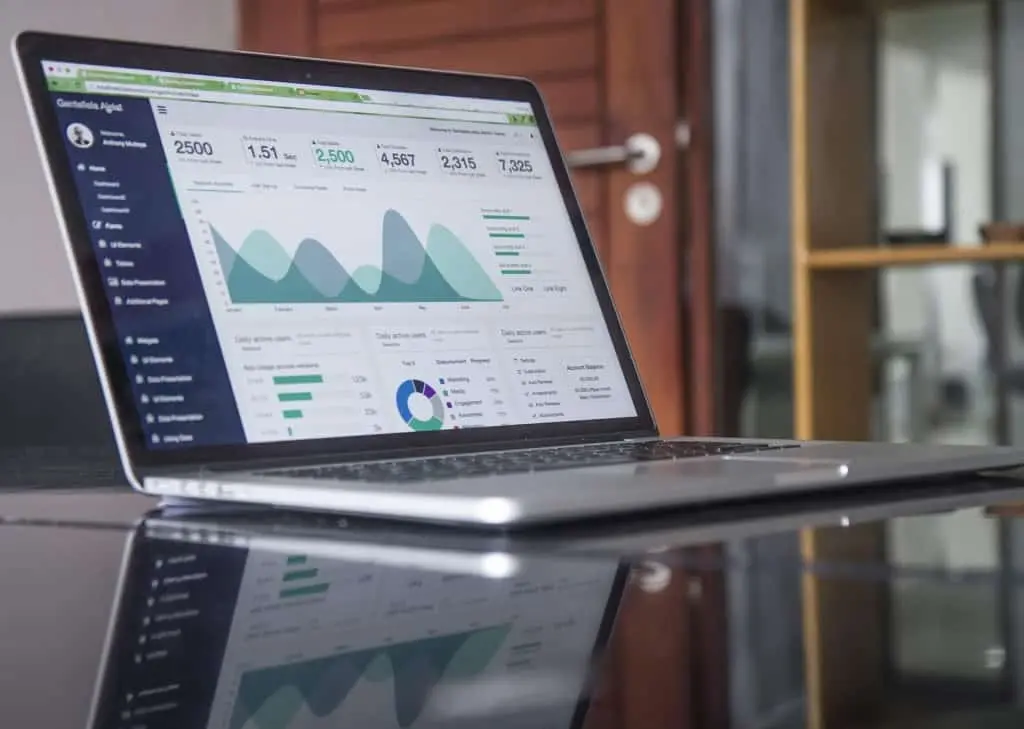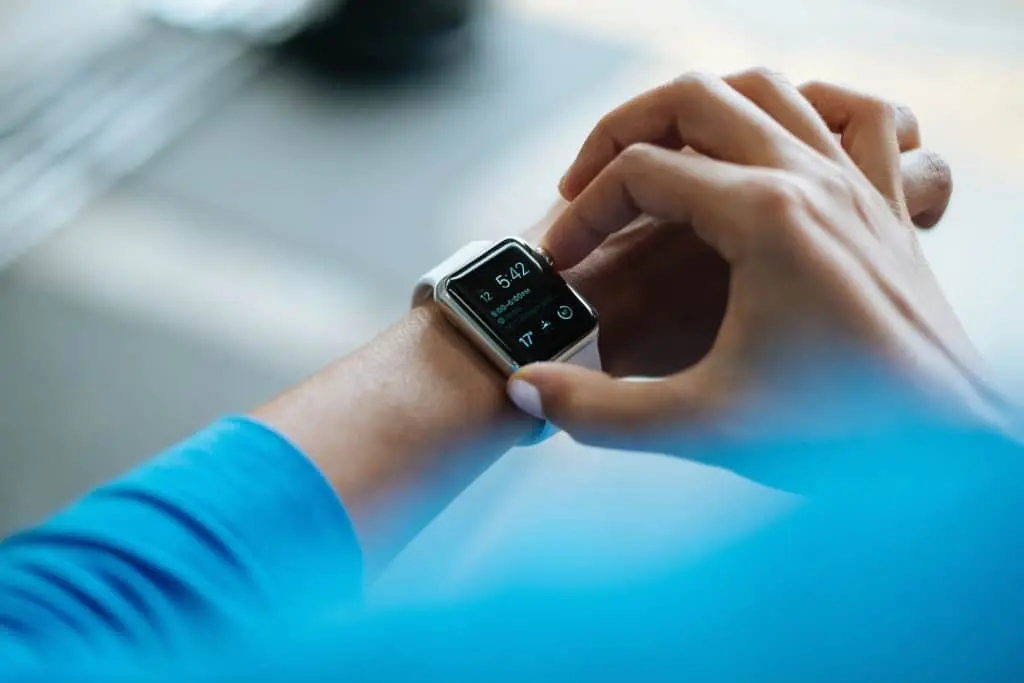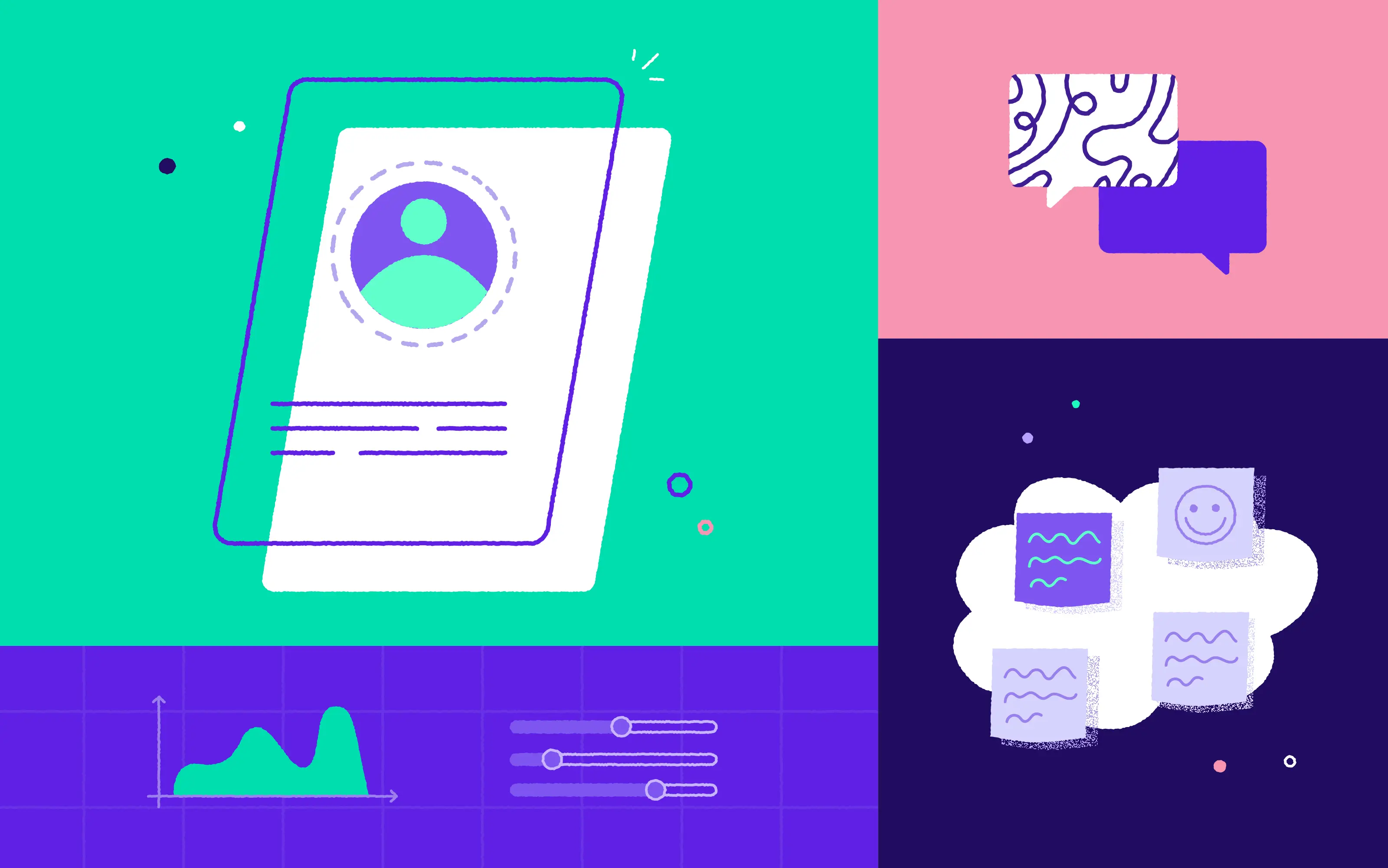
The rapid advancement in digital healthcare field brings many advantages, but also a few problems that shouldn’t be ignored. Let’s take a closer look at the dangers medical hardware and software can cause and the solutions that can be implemented to achieve optimal safety.
Technological advancement makes our lives longer, better, easier to enjoy – that’s a fact. What sometimes gets overlooked is that often, it also brings dangers with itself, new problems that weren’t present a few years ago. That rule is correct for every field, but even more so in case of digital healthcare systems, as they directly affect our well-being. However, it’s important to remember that every problem has a solution.
Theft of Medical Information
Cybersecurity is one of the biggest dangers posed by digital healthcare. For advanced medical systems to work without a hitch, a significant amount of very sensitive data has to be shared between vast groups of people. We’re talking medical histories, prescribed medicaments, general health and lifestyle information, but also details about our identity, family, finances, addresses, billing, insurance and so on. All of it can cause us a genuine problem if it falls into the wrong hands. What is the danger, exactly?
First, there’s the possibility of medical identity theft. In other words, it’s using your name and personal information without your knowledge by someone who poses as you, so that they can get access to medical services or goods (often drugs). It’s a very serious kind of identity theft that can compromise not only your financial situation but also health, possibly even life. It’s dangerous because falsified data that’s left as the result of the fraud can misinform doctors treating you and cause you a multitude of problems down the line.

Stolen medical records can be a serious threat
In extreme cases, perpetrators can go as far as to get fraudulent tax returns in your name. But while financial gain is the most obvious motivation for identity theft, it’s worth noting that it isn’t the only one possible. Other options include hacktivism and cyber-terrorism, and in cases like this, you can add legal severe to the growing list of consequences.
Considering all that, it’s no wonder stolen medical information is in high demand on the so-called dark web. According to some reports, criminals are even more interested in it than in our credit card information, with comprehensive medical records being sold for as much as a $1000. Why is that? Because with a little bit of creativity, it can be used to pretty much the same end as a stolen credit card, but it often takes a lot more time to be discovered.
Possible Threats to Health and Life
It’s not just information theft that we should be concerned about, either. Things can go further than that. For example, pacemakers and insulin pumps can be hacked and reprogrammed remotely, creating a risk for the patients. It’s not a theoretical problem, especially for people working in positions of power. It’s real enough that it made the former US Vice President Dick Cheney request his doctors to turn off his pacemaker’s wireless capabilities because he feared it might be used as a tool for assassination.

Devices related to your health may be vulnerable to hacking
What can be done to make these problems less severe? Well, it depends. There are many different security risks, and each of them requires different measures. For example, the transmission of medical data from apps and devices can be made safe through the use of various, advanced encryption algorithms, or even cutting-edge technologies like Blockchain. Same could be said of cloud services that store the gathered information. Making the user’s data safe through encryption should be a standard in 2018, yet you can still find software that doesn’t protect its users in such a way. However, to be blunt, most often the weak link in the security chain is the user himself. It’s essential to properly train people and organizations in the use of healthcare software and hardware so that a risk of a security hole opening up on their side can be minimized. It’s equally important to implement complex, multi-factor authentication (like biometrics, fingerprint or even retinal scans).
Blind Faith in Technology
Cybersecurity definitely isn’t the only issue, though. Blind faith in the technology can be an equally big problem. In 2013, a 16-year-old boy was admitted to UCSF’s (the University of California at San Francisco) Benioff Children’s Hospital. He was suffering from a condition known as the NEMO deficiency syndrome (a kind of a genetic disease that affects how your bowels work) and was supposed to get a routine colonoscopy. As part of the procedure, he was supposed to take a pill of Septra, an antibiotic often prescribed for skin and urinary infections. And he did receive it. In fact, he got not one pill, but over 38 of them, one after the other – and no, before you ask, it wasn’t supposed to go that way.
Why did it happen? Because the hospital’s staff just blindly followed what the boy’s EHR (Electronic Health Record) told them to do. None of the specialists treating him – nurses, physicians, pharmacists – questioned what had to look like a very suspicious dosage. They only learned what happened when the patient started complaining of side effects, including numbness of body parts, anxiety and confusion.
» Blockchain: The Universal Remedy For Modern Healthcare – Read Our Article!
Situations like this happen more often than we’d like to admit, although usually, the mistake isn’t as visible and severe, which is why this particular case serves as such a good example. The simple truth is, no matter how great of a technology we use, how automated and cutting-edge our healthcare systems are, the tech will never replace simple, human reason. Apps and devices are here to support people, not to take their place – and their responsibility.

Blind faith in the technology can be a serious problem
Medical specialists shouldn’t be lulled into blindly following instructions left in systems like the EHR – otherwise, a single typo can turn out to be a danger to the patient’s health or even life. Software and hardware should be designed in a way that reminds them of that. You can’t overdo it, however. Otherwise, the so-called alert fatigue – the tendency to ignore safety alerts when you see them everywhere – will ruin your efforts. On top of that, software solutions and devices should be as intuitive and easy to use as possible, so that mistakes don’t happen due to frustration or lack of technical knowledge. Intuitive design also helps ensure your product won’t be wasted after it’s implemented. It seems obvious, but it not always is.
Software should be as intuitive and easy to use as possible, so that mistakes don’t happen due to frustration
A survey conducted in 2015 by a healthcare communication systems company called PerfectServe showed that only 8% of surveyed hospitals used EHR and 12% of clinicians chose it as a communication tool with an in-house colleague when they needed to get complex or in-depth information. I think we can agree, that these are not good numbers. One of the reasons they’re so low is that for many medical specialists EHR – a tool that was supposed to help them enhance their work – turned out to be more of a hindrance and impediment than a help.
There’s a Solution for Every Problem
Sometimes, you just need to look hard enough. An excellent way to start is enlisting the help of people you create the app for during its design phase. This way, you can avoid some of the problems highlighted above and make your software useful and intuitive in the standard, real-time workflow of hospitals and clinics (or the life of patients, depending on who you’re making it for). Never assume that you know everything – ask your possible clients and build your product around their expectations.
We are a top software development company from Europe. Digital healthcare is one of the industries 10Clouds focuses on. If you want to build your own product, read our success stories and contact us!



